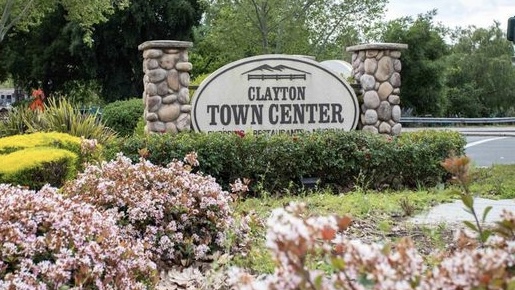Impending District Accreditation Review Threatened by Governing Board Controversy

Sonya Christian, ACCJC chair; Ian Walton, immediate past chair; Lori Gaskin, vice chair; Mary A.Y. Okada, Secretary/Treasurer. Photo courtesy of ACCJC.
October 1, 2020
Accreditation reviews for the Contra Costa Community College District come at an inopportune moment as the Governing Board remains embroiled in controversy following recent policy violations and contract non-renewals that sparked unanimous no-confidence votes from the Diablo Valley College Academic and Classified Senates.
“I do feel this is perhaps the worst possible time for this to be happening,” said Rebecca Opsata, DVC dean of Institutional Effectiveness and Accreditation.
Colleges in 4CD will have their accreditation reviews conducted within the next week. The Accrediting Commision for Community and Junior Colleges will host two open forums, where students and faculty are invited to provide opinions on their respective colleges and 4CD.
The first forum will be hosted Oct. 6 at 6:00 p.m. via Zoom. The second will be Oct. 7 at 9:30 p.m.
After the ACCJC committee concludes its review, an “exit report” will be hosted online on Oct. 8 at 11:00 a.m. Faculty and students may join via Zoom, where the committee will give its unofficial review for the individual colleges.
The official action letter will be sent to 4CD colleges in January 2021.
The ACCJC reviews two-year institutions throughout California, Hawaii and the Pacific Islands, accrediting a total of 137 colleges. The accreditation committee reviews each college once every six years.
“Being accredited is important because it’s a stamp of [official] approval on the classes and the college,” said Opsata.
Opsata expects the Governing Board’s recent actions will likely be discussed during the committee’s visit. Although accreditation is unique to each college, the board’s actions may reflect poorly upon individual institutions, which could result in a sanction.
A sanction from the ACCJC, while unlikely to happen, would immediately impact faculty more than the students.
“If we are sanctioned we will have to write additional reports and we will need to fix the issues that they find. If we do not do that within a set timeline, then the ACCJC has the ability to increase the sanctions,” Opsata wrote in an email to The Inquirer.
“The ultimate possibility is that all three colleges could fully lose accreditation. But I want to comfort [the students] a bit in that this ultimate escalation is years away and is highly unlikely.”
The last ACCJC accreditation review, which happened in 2014, went smoothly with no poor marks or requests for improvement. However, in 2008, DVC received a reprimand from ACCJC due to evidence of security breaches and grade selling.
Despite the current controversy surrounding the Governing Board, Opsata expects the review results “will not be as severe as [they were] in 2008.”
More information, including the Internal Evaluation Report written earlier this year by DVC faculty and submitted to the ACCJC in June, can be found here.







































































